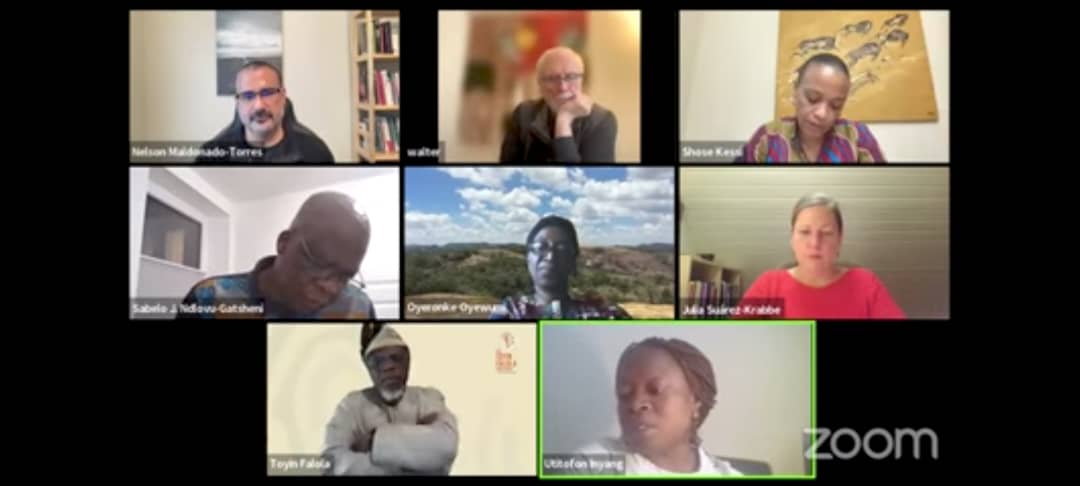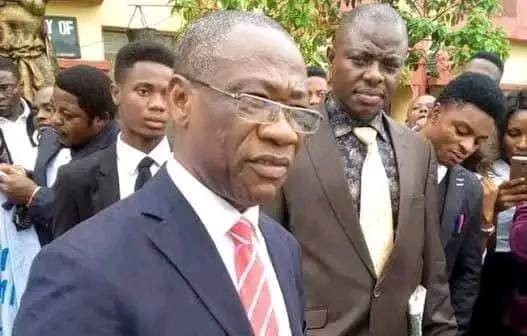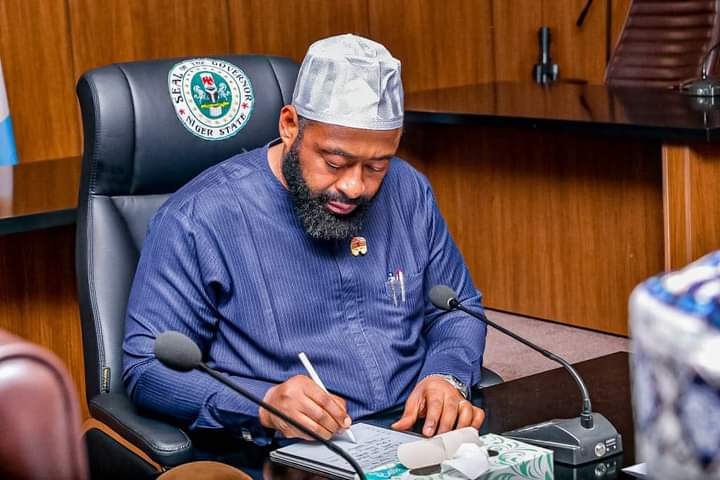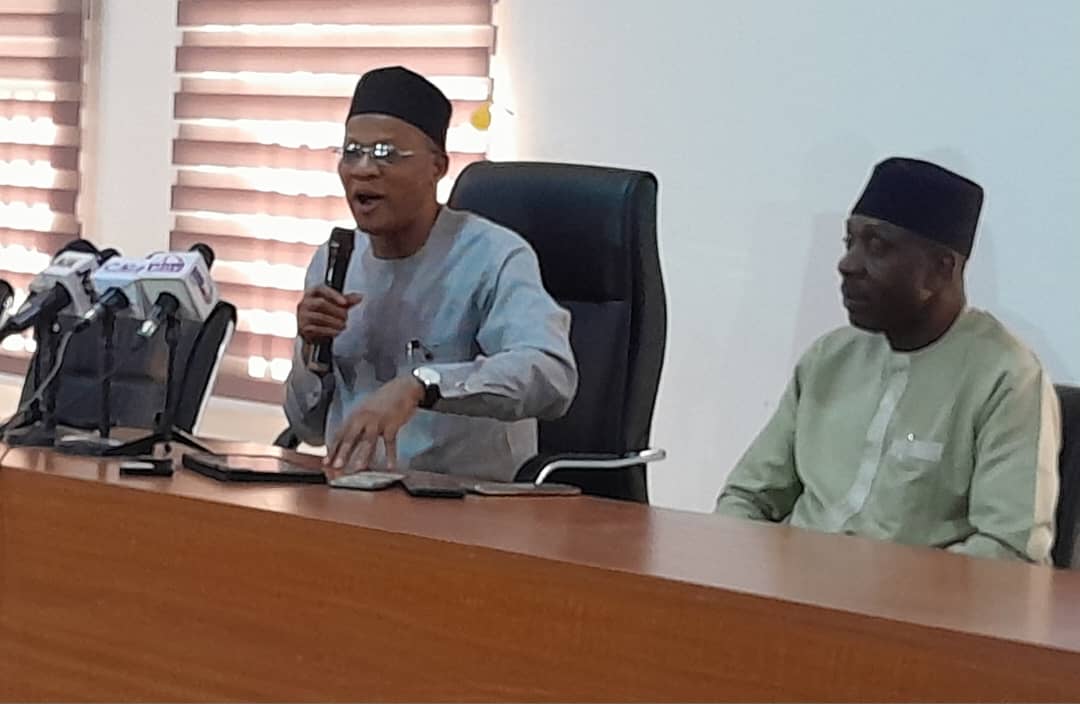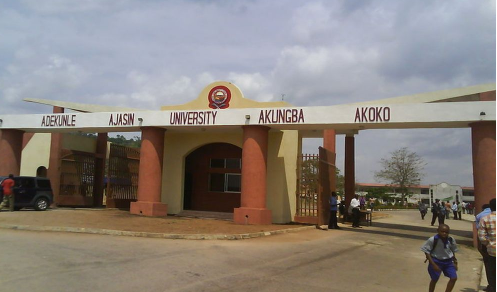Academics have harped on the need for global aid to Africa to be free of “colonial” tendencies.
This submission formed part of discussions during ‘The Toyin Falola Interview Series’, a project by Toyin Falola, professor of history at the University of Texas.
The event featured an interview panel made up of Nelson Maldonado-Torres, professor of philosophy at the University of Connecticut; Walter D. Mignolo, professor of literature at Duke University; Shose Kessi, professor at the University of Cape Town; Sabelo J. Ndlovu-Gatsheni, professor and chair of epistemologies of the Global South with emphasis on Africa, at the University of Bayreuth in Germany; and Julia Suarez-Krabbe of the department of culture and identity, Roskilde University, Denmark.
Speaking on colonial tendencies within the developmental aid industry, Kessi said there is a need for deliberate reorientation of the academia as it relates to colonial tendencies that may influence global aid.
Advertisement
“These colonial frameworks are based on three key assumptions. The first and common underlying assumption and rationale for international development work is that the world is divided into developed and less developed nations, and that less developed are catching up with more developed nations, with the Global South remaining peripheral and dependant on the expertise of development experts of institutions in the Global North,” Kessi said.
“The second assumption is that levels of poverty are used as measures of organising principles that determine levels of development. The third assumption which is linked to the first two is that as a result, colonised people are seen as the problem. People in the Global South are portrayed as helpless, passive victims, afflicted by disease, destitution, violence, corruption and lacking knowledge and capability to get ourselves out of this mess.
“This message is very common, not only in discourses of international aid, charitable organisations and many academic projects but it is propagated by mainstream media. So in a way, it has become commonsense knowledge. What these messages do is that they trivialise very complex issues and make power relations invisible. We are led to believe, for example, that the problem of the Global South is money and food rather than political, structural and cultural oppression and exploitation.”
Advertisement
Kessi added that there is a need for the academia “to critically engage with the legacies and the afterlife of slavery, colonisation and apartheid”, as part of efforts to improve relations within global corridors of power.
On his part, Ndlovu-Gatsheni, who spoke within the context of Southern African struggles for liberation, highlighted the need for ensuring that “decolonisation” permeates history, economy and academia.
Suarez-Krabbe spoke from her background on being born during the Colombian war, adding that this has contributed to a better understanding of the dynamics around human rights.
“I must say that we are living in very scary times in Europe, the world in general. We are having rising levels of fascism in Europe and also the normalisation of racism in public speech very much and also what is perceived as progressive left. There is an escalation of this with the current intensification of Israel’s colonial project in Palestine,” Suarez-Krabbe said.
Advertisement
Oyeronke Oyewumi, professor of sociology at Stony Brook University, made a comparison between Nigeria and Zimbabwe, in terms of the influence of colonialism, and added that “decolonisation” needs to be deliberate about taking African experiences into account.
“When we address colonisation, there are two levels at which we must look at colonisation: the global colonial and the local iteration which followed the Berlin conference. We are told that decolonisation is about dismantling power hierarchies and then centring other experiences, other ways of knowing and being,” Oyewumi said.
“I have misgivings about decolonisation and decoloniality and the way we have been using it, not in terms of the act, not in terms of the fact that indeed certain things have to be decolonised. I have no issue with that. However, the narrative of coloniality and modernity does not seem to totally take Africa into account. The story that decolonial theory tells is a new world story. It is a Latin American story.
“Decolonial is an orientation that I want to say the more it is used, it is so ubiquitous. It appears as though everything is to be decolonised. I find some of it disempowering. It creates a certain opportunity cost as Africans if all we are doing is every day is decolonising. Besides development and decolonising, are we living?”
Advertisement
In his submission, Mignolo said there is a need to understand the issues around colonisation as a consequence of modernisation.
“Coloniality is the logic of oppression, dispossession, exploitation that the rhetoric of modernity hides. Decoloniality emerged as a result of conflict which refused the vision of modernity. Decoloniality is that consciousness that coloniality is common to all western colonialists. Decoloniality is a response to that narrative or vision of modernity,” Mignolo said.
Advertisement
Meanwhile, for Maldonado-Torre, there is a need “to help nurture and protect the works of the most combative decolonial thinkers and agents”, and within and outside the academia, “we need to use the power that we have in the academia to strengthen their position and to come out for them and with them”.
Advertisement
Add a comment
